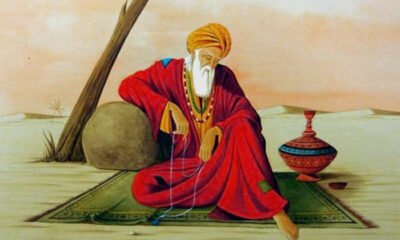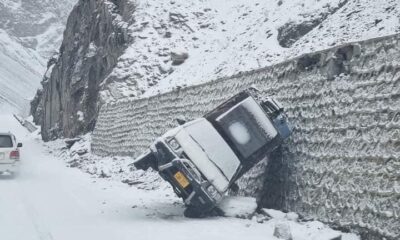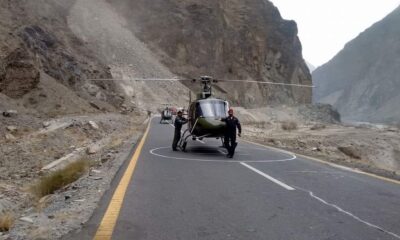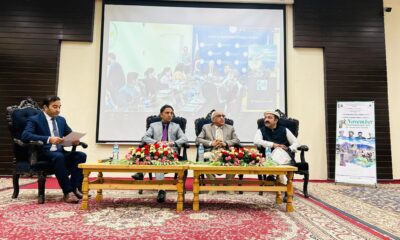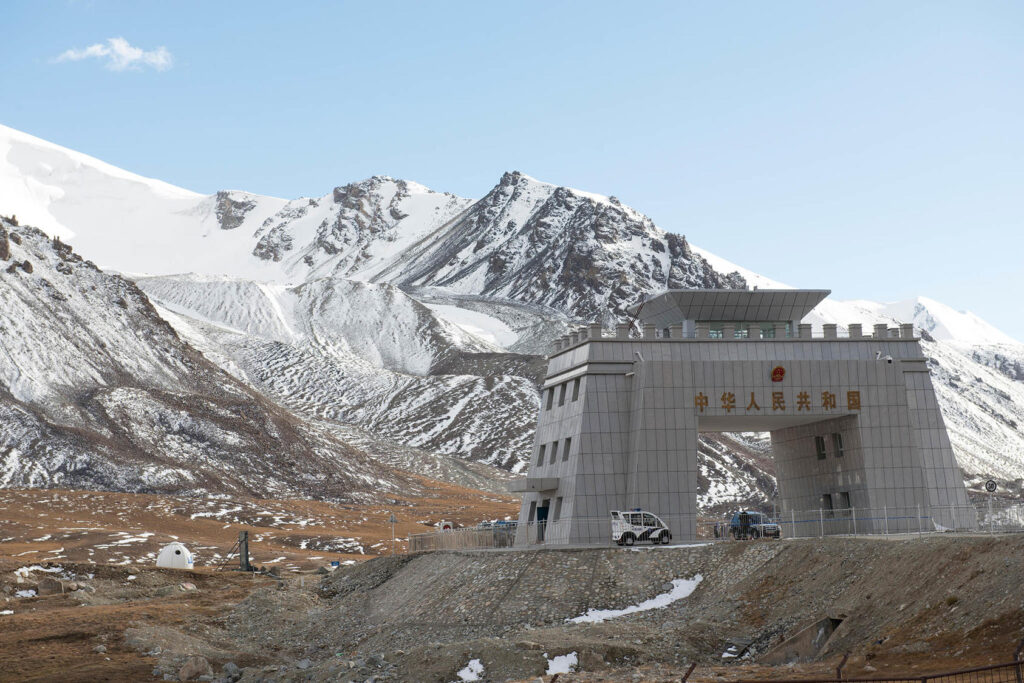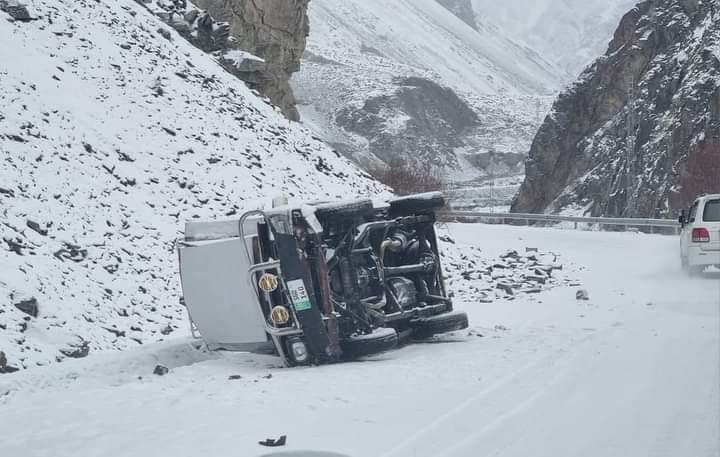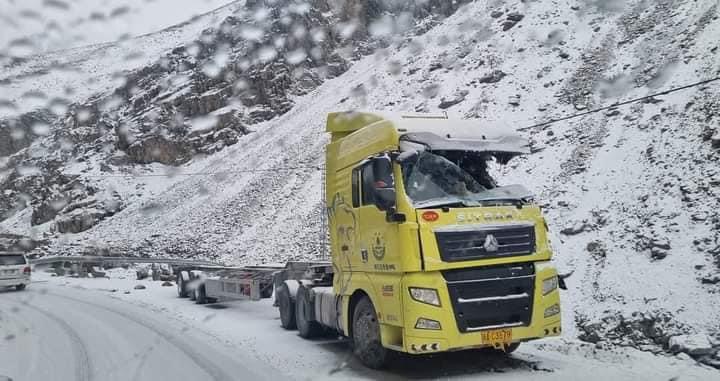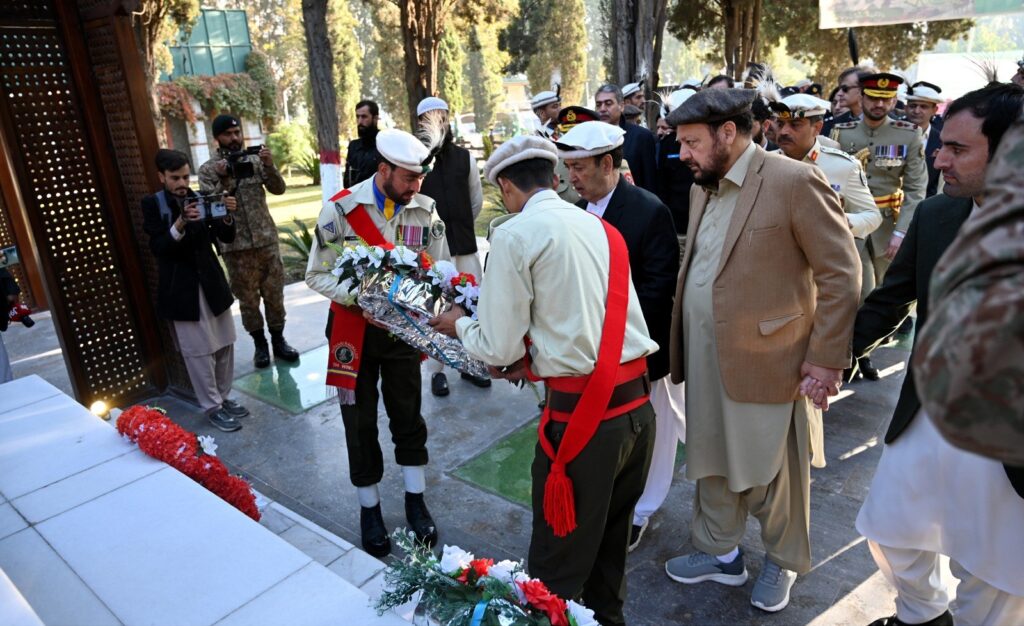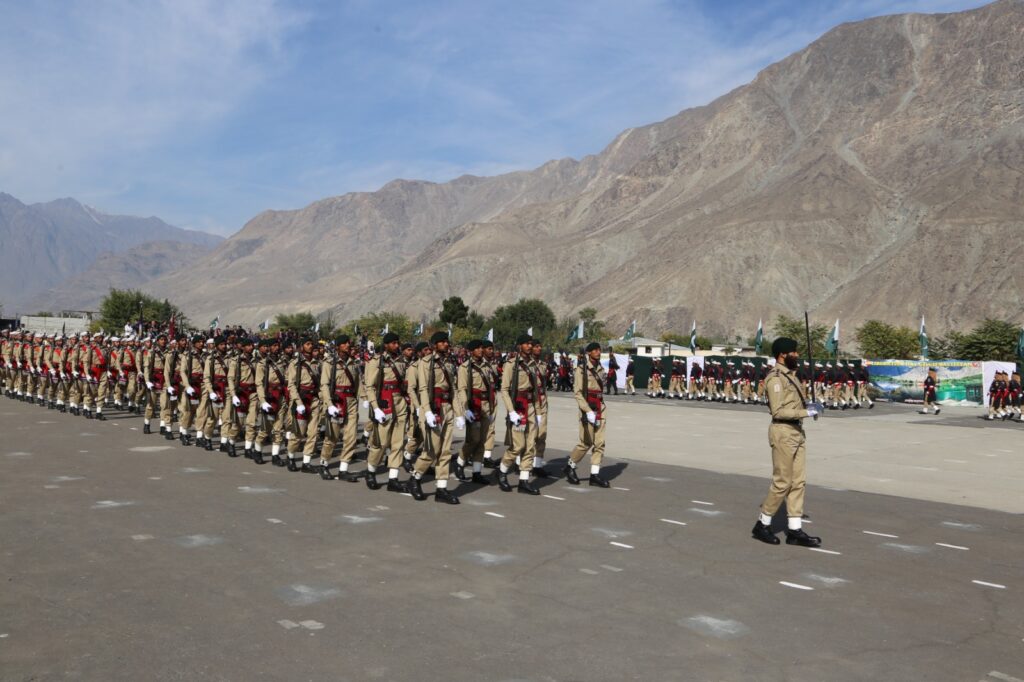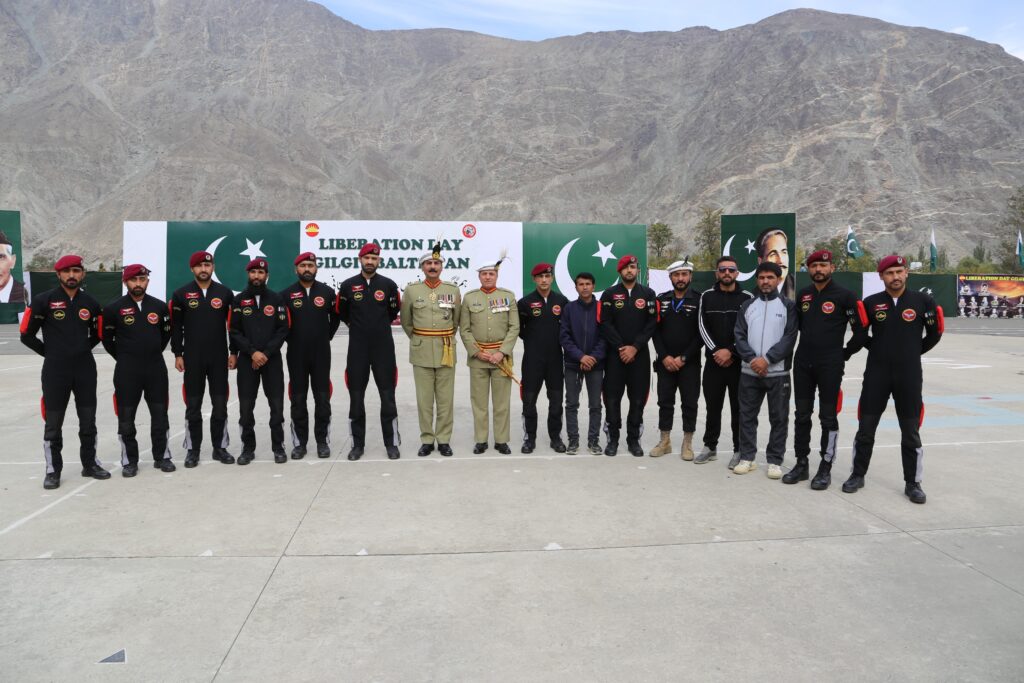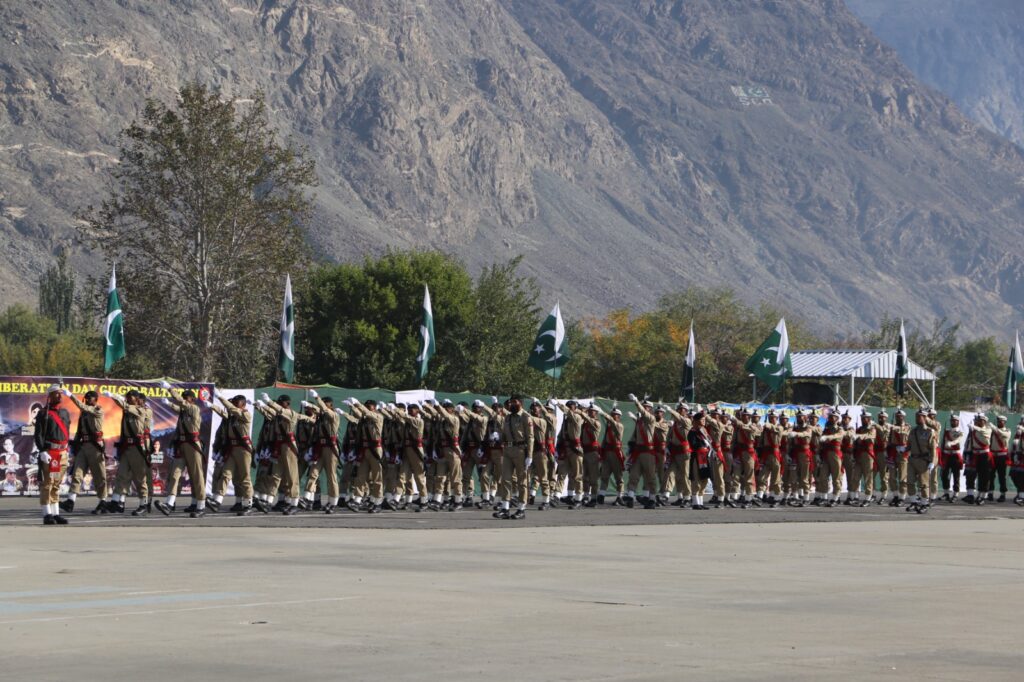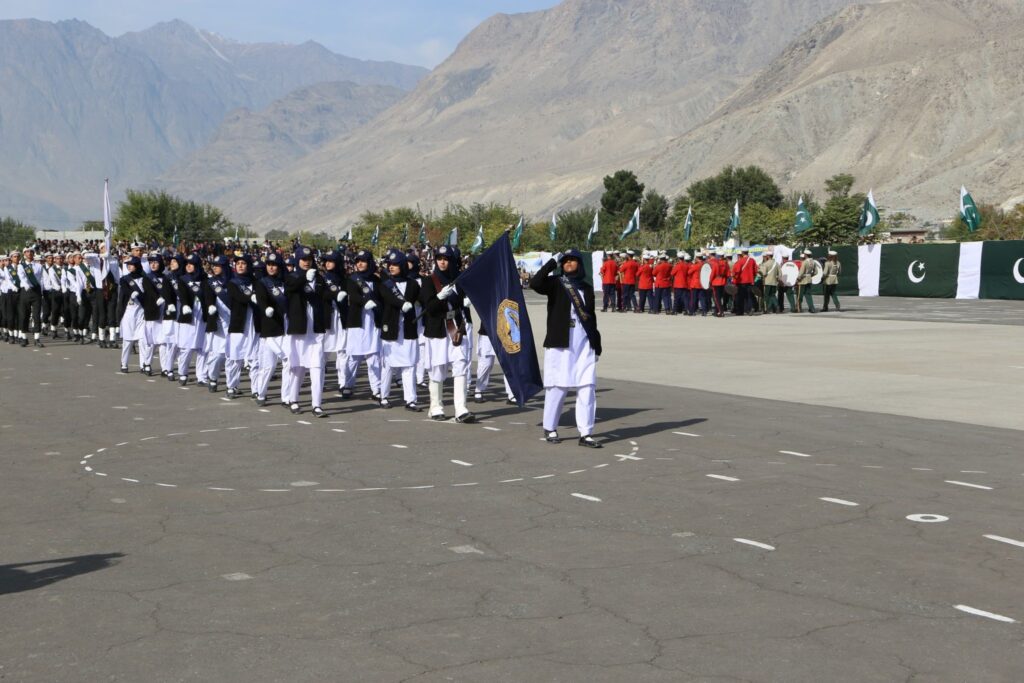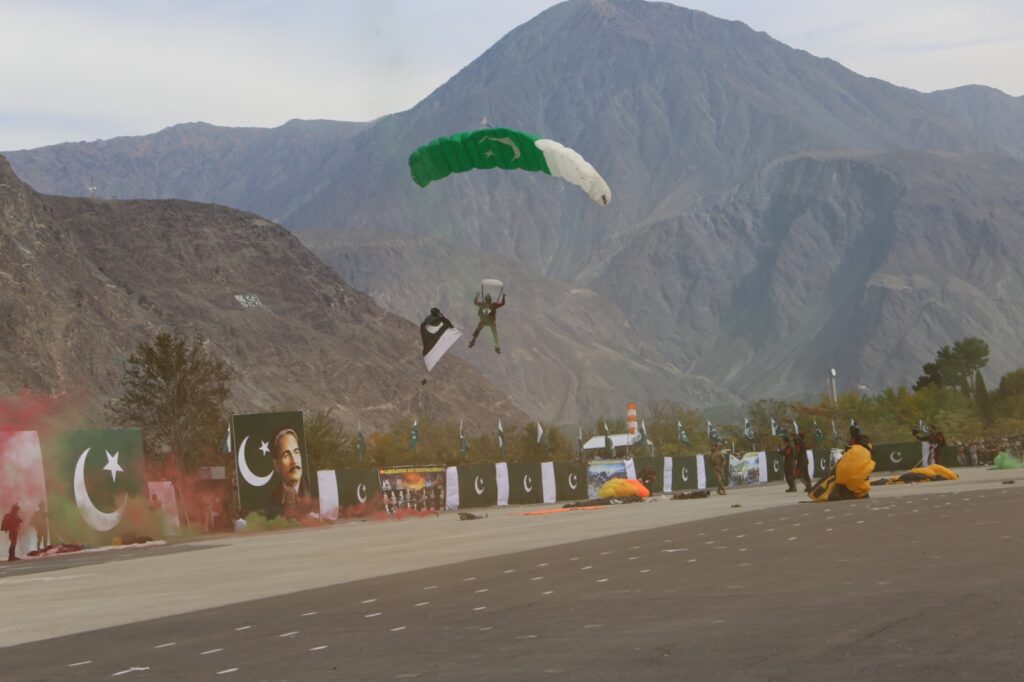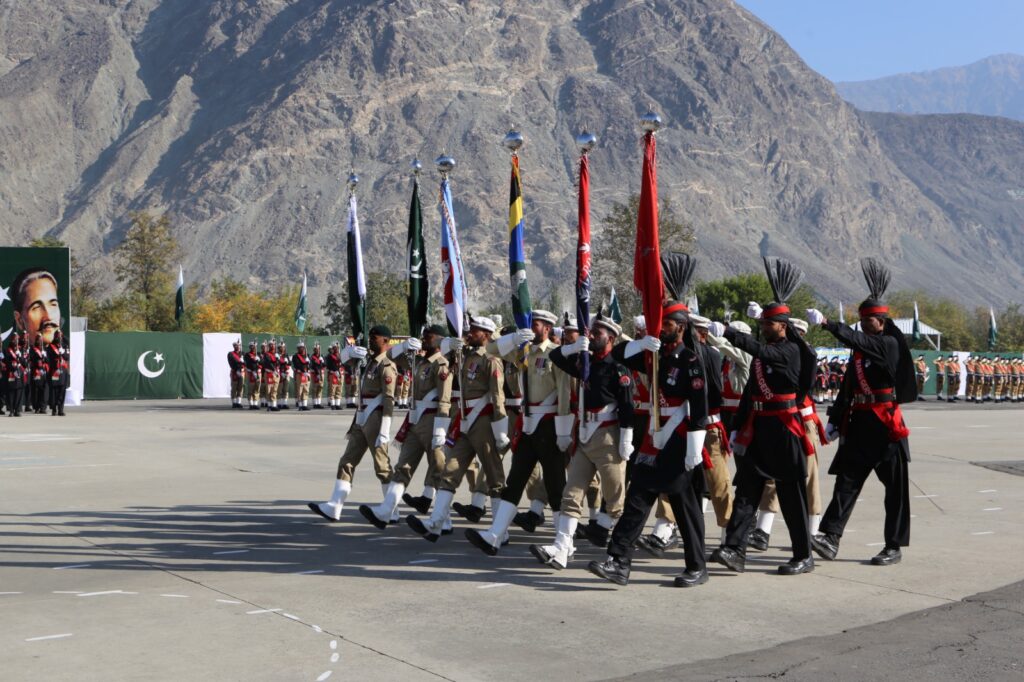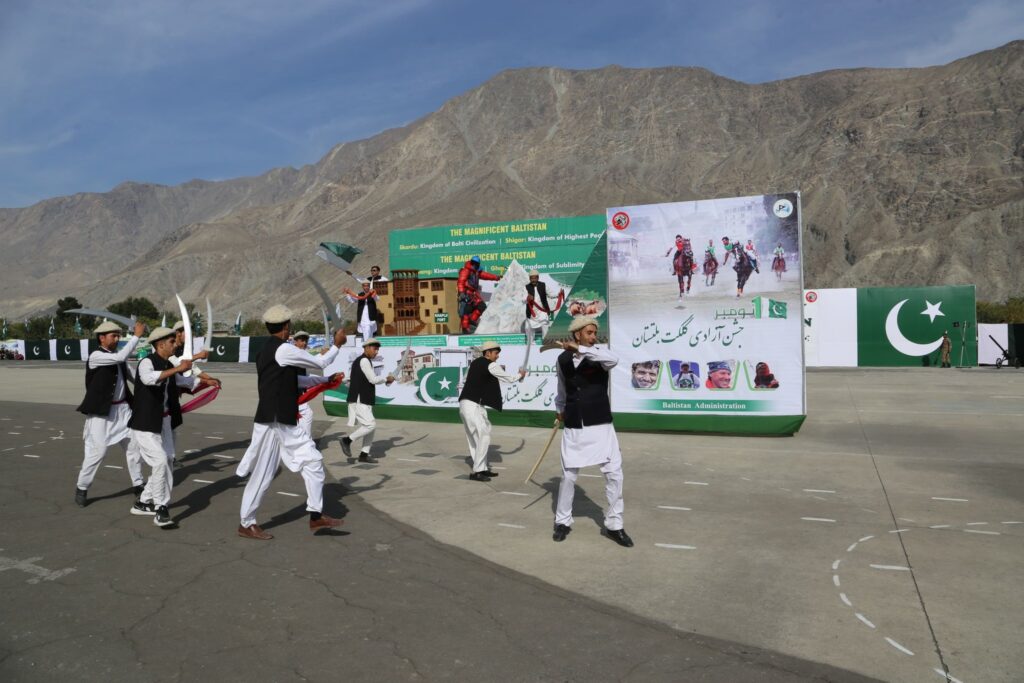Maulana Jalal-ud-Din Mohammad (1207-1273), popularly known as Rumi, was a Muslim theologian-turned-poet. His poetry, published in two genres of masnavi and ghazal is mainly focused on the idea of love and its relation to the intimacy with God. However, the thoughts of Rumi, expressed through thousands of verses and ghazals, go beyond love and touch upon various aspects of human life and the universe. Even a cursory reading of Rumi’s poetry reveals his wide-ranging and thoughtful expressions on nature, universe, world, anger, lust, justice, purity, etc. According to Ahmed Javed, a contemporary literary critic, Rumi is the best author of human experience in the world. In other words, Rumi best describes the meaning of being a human on planet earth. Alan Williams, professor of Iraninan studies and translator of the works of Rumi, has identified the voice of moral reflection or homily as one of the seven voices while defining the narrative structure of Masnavi, a long poem by Rumi published in 06 volumes. Similar vein of advice and observations on moral psychology can be found in over 3,000 ghazals of Divan or Divan-e- Shams, the collection of ghazals by Rumi. Brittanica, an online encyclopedia, defines moral psychology as “the empirical and conceptual study of moral judgement, motivation and development”. This article details the verses of Rumi, from both Masnavi and Divan, which convey the deep observations of the poet regarding moral psychology. The verses are easily discernible for enduring reliability.
Like other poets, Rumi deploys the tropes of allegory, metaphor, simile, folklore, historical events, personalities, Quranic verses, Hadith etc to make his point. I will present a selection of verses from Rumi’s Masnavi and Divan highlighting the moral psychology therein.
این جہان کوہ است و فعل ما ندا
سوئ ما آید نداہا راصدا
(M I:215)
This world is the mountain, and our action the shout: the echo of the shouts comes (back) to us.
Rumi has explained the recompense for deeds and misdeeds by comparing the whole world to a mountain. Just like the mountain returns the schists by echoing it, the good and bad deeds are accordingly rewarded in this world.
Rumi’s places a lot of emphasis on the importance of thoughts in the life of a human being. He considers that a human being is nothing but a thought itself.
ای برادر تو همان اندیشه ای
ما بقی خود استخوان و ریشه ای
گر گُل است اندیشه ای تو گُلشنی
ور بوُد خاری تو هیمه گُلخنی
Brother! Your worth is in your thoughts alone; you are blood and flesh apart from that
You are rose, if all your thoughts are selfless
If bitter, you are a thorn that is judged worthless
Brother, your worth is in your thoughts alone
M II, 277-278
The formidable effect of a person’s thoughts are highlighted in the above verses. The precursor of every action is a thought. In a sense Rumi is ahead of René Descartes (1596–1650), French philosopher, by three hundred years who affirmed cogito ergo sum ( think therefore I am!). In other words, the ability to think and perceive constituted the most important element of human existence. At many places in both Masnavi and Divan Rumi elucidates how negative thoughts disempower and depress a human being and how he can rise above those thought processes. In the opening verse of Ghazal 2500 of Divan, Rumi diagnosed that the doom and gloom is always characterised by mean thoughts of a man:
چه افسردی در آن گوشه چرا تو هم نمیگردی
مگر تو فکر منحوسی که جز بر غم نمیگرد
Why are you depressed and cornered instead of moving ahead?
But then you are an epitome of mean thought and you are obsessed over grief
In numerous verses, Rumi emphasises the layered and unfathomable inner world of a human being, making it all the more important to avoid judging someone through appearances alone. An example:
َمرد را صد سال عم و خال او
یک سر ُمویی نہ ِبیند حال اُو
A man’s paternal and maternal uncles (may see him) for a hundred years, and of his (inward) state not see (so much as) the tip of a hair (M:3, 4249)
Rumi underlines the complexity of human psyche in that it is characterised by an inner world which is rarely apparent. In other words, he implies that our judgements based on the outward appearances or behaviour of a person may well be wrong considering that appearances never represent the human being on the whole.
Regarding worldly gains and glory, Rumi maintains that on the one hand they uplift and increase a person’s standing among the people but conversely they become the reason of the downfall too as succinctly expressed in the verse below:
دشمنِ طاؤس آمد پر اُو
ای بسی شہ را بکشتہ فر اُو
The peacock’s plumage is its enemy: O many the king who hath been slain by his magnificence!
(M1:208)
Rumi is of the view that by reciprocating a bad deed, one becomes equal to the perpetrator of the act. He, therefore, exhorts restraint or better still good behaviour in response to treatment.
گر فراق بندہ از بد بندھگی است
چون تو با بد بندگی پس فرق چیست
Have I deserved my fate for some offence; If you hurt sinners what’s the difference?(M:1,1564)
It can be discerned from the above selection that besides numerous themes in his collection of verses (in Masnavi and Divan) Rumi conveys a message of morality in unmatched eloquence and clarity. Perhaps it is beauty and depth and a sense of wonder in these verses that remain relevant to date and keeps guiding anyone who immerses in the ocean of his wisdom.

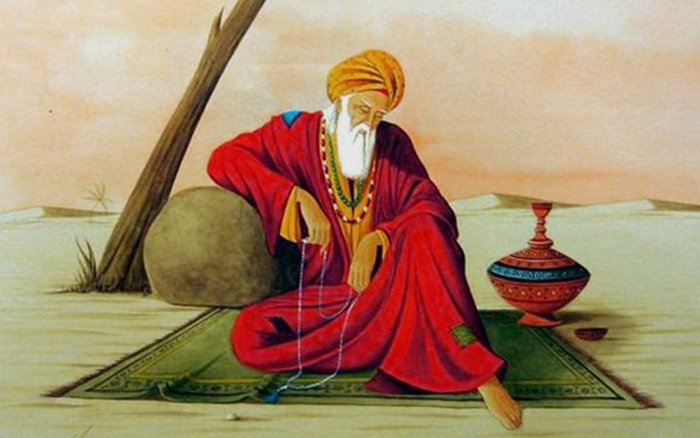
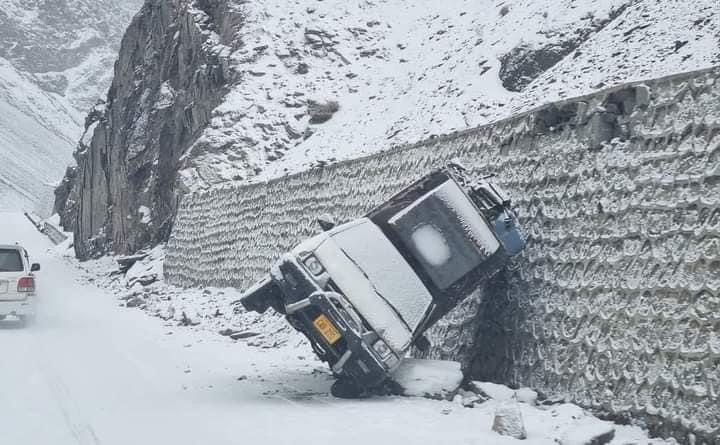


 Arts, Culture & Heritage2 years ago
Arts, Culture & Heritage2 years ago
 KIU Corner2 years ago
KIU Corner2 years ago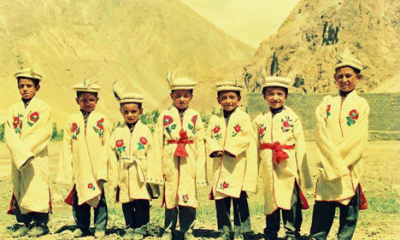
 Arts, Culture & Heritage2 years ago
Arts, Culture & Heritage2 years ago
 KIU Corner2 years ago
KIU Corner2 years ago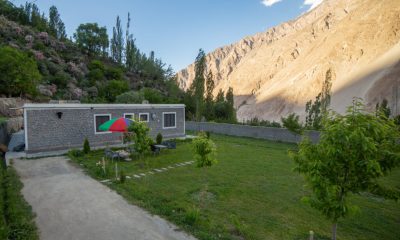
 Arts, Culture & Heritage2 years ago
Arts, Culture & Heritage2 years ago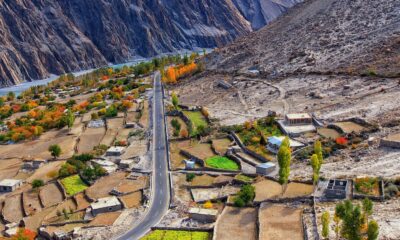
 Tourism2 years ago
Tourism2 years ago
 Opinion3 years ago
Opinion3 years ago
 Current Affairs2 years ago
Current Affairs2 years ago
